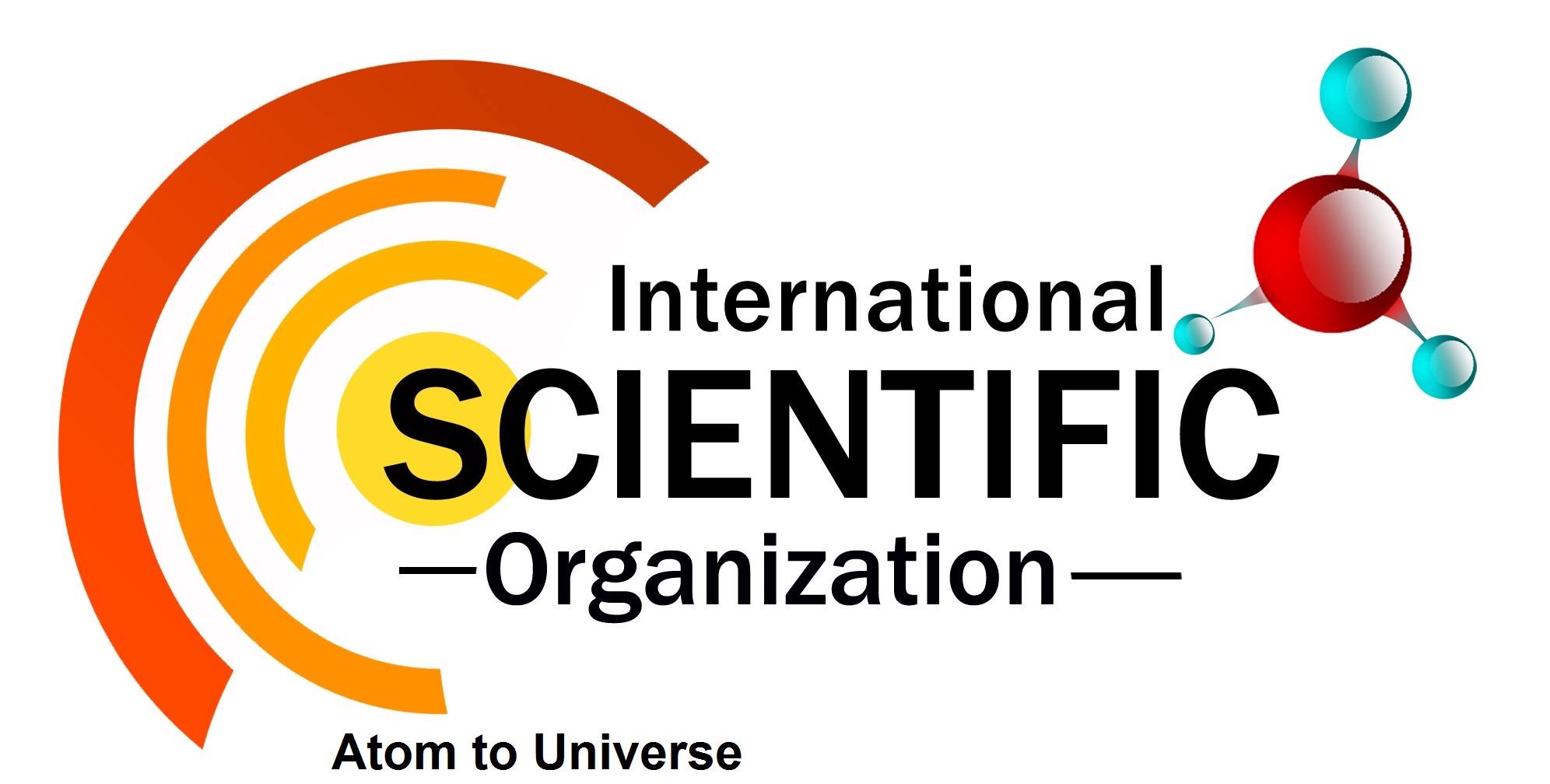International Journal of Chemical and Biochemical Sciences (ISSN 2226-9614)[/vc_column_text][/vc_column][/vc_row]
VOLUME 26(20) (2024)
Legal Basis for the Protection of the Environment from Waste Pollution in Urban Agglomerations
Natalia Lisina 1*, Anton Belkov 1, Natalia Sedina 1, Svetlana Ivanova 2, 3*
1Department of Labor, Environmental Law and Civil Procedure, Law Institute, Kemerovo State University, 6 Krasnaya str., Kemerovo, 650043, Russia
2Institute of NBICS-technologies, Kemerovo State University, 6 Krasnaya str., Kemerovo, 650043, Russia
3Department of TNSMD Theory and Methods, Kemerovo State University, 6 Krasnaya str., Kemerovo 650043, Russia
Abstract
Solid waste management is an important issue that concerns everyone. If waste is not collected properly and disposed of in an uncontrolled manner, it can lead to air, water and soil pollution, which threatens our health. It is established that over the course of a generation, the volume of municipal waste will increase by two thirds, and the cost of recycling will almost double. People in less developed countries, especially in poor urban areas of such countries, experience most serious negative impact from waste that is not collected and cleaned properly. Accompanied by the recycling cost growth, the global trend of increasing the volume of municipal waste requires the adoption of a set of measures aimed at introducing a closed-loop economic model in which waste generation and economic development are not linked. Governments, communities, and industrial enterprises are increasingly recognizing the potential of initiatives to create waste-free industries, increase waste management efficiency, and improve regeneration systems. The purpose of work was to assess degree of elaboration of legal measures for organization of solid waste management in different countries. The article examines the current state of the legal foundations of the waste management system in urban agglomerations of Russia and globally. Improving the collection, recycling and other forms of rational waste management remains an important, high-priority task. It is established that the improvement of legal regulation will create opportunities for the implementation of the “zero waste” approach, while improving the management of the waste sector in order to prevent significant environmental pollution, greenhouse gas emissions and negative effects on human health.
Keywords: solid waste management, urban agglomerations, environmental protection, legal measures.
Full length article *Corresponding Author, e-mail: lisina_nl@mail.ru (N.L.), pavvm2000@mail.ru (S.I.) Doi # https://doi.org/10.62877/21-IJCBS-24-26-20-21
International Scientific Organization- Atom to Universe
Journals
- International Scientific Organization
- International Journal of Chemical and Biochemical Sciences (IJCBS)
- Volume 27 (2025)
- Volume 26 (2024)
- Volume 25 (2024)
- Volume 24 (2023)
- Volume 23 (2023)
- Volume 22 (2022)
- Volume 21 (2022)
- Volume 20 (2021)
- Volume 19 (2021)
- Volume 18 (2020)
- Volume 17 (2020)
- Volume 16 (2019)
- Volume 15 (2019)
- Volume 10 (2016)
- Volume 14 (2018)
- Volume 13 (2018)
- Volume 12 (2017)
- Volume 11 (2017)
- Volume 9 (2016)
- Volume 8 (2015)
- Volume 7 (2015)
- Volume 6 (2014)
- Volume 5 (2014)
- Volume 4 (2013)
- Volume 3 (2013)
- Volume 2 (2012)
- Volume 1 (2012)
- Store
- Cart
- Account

